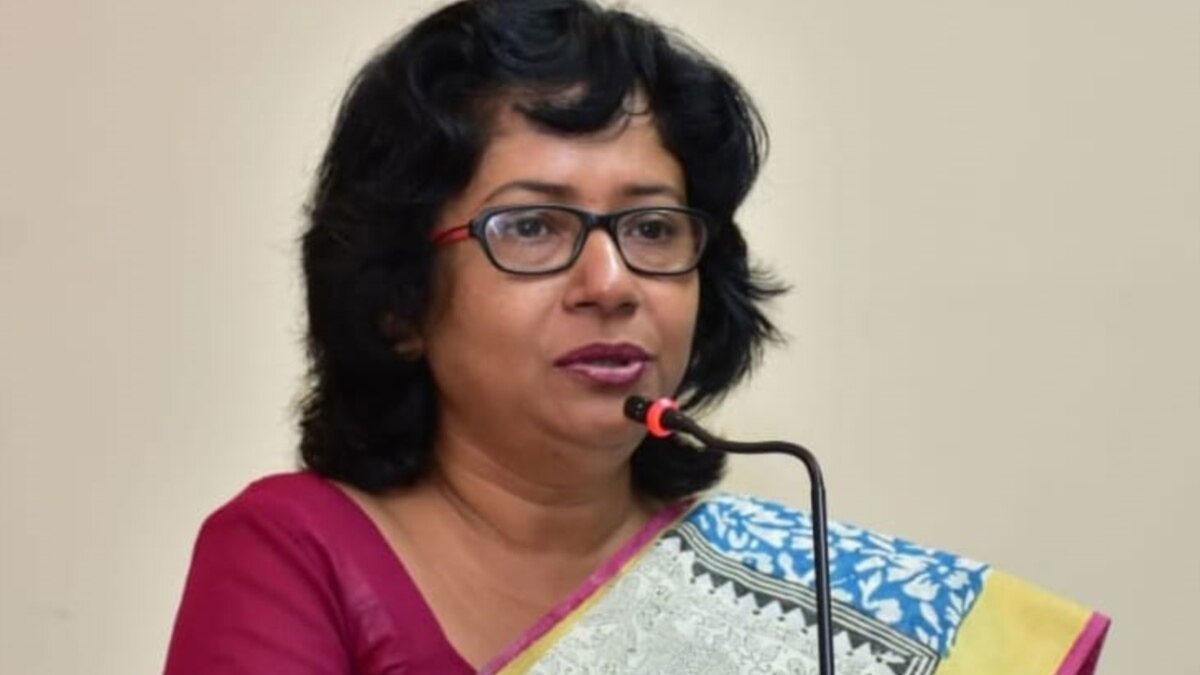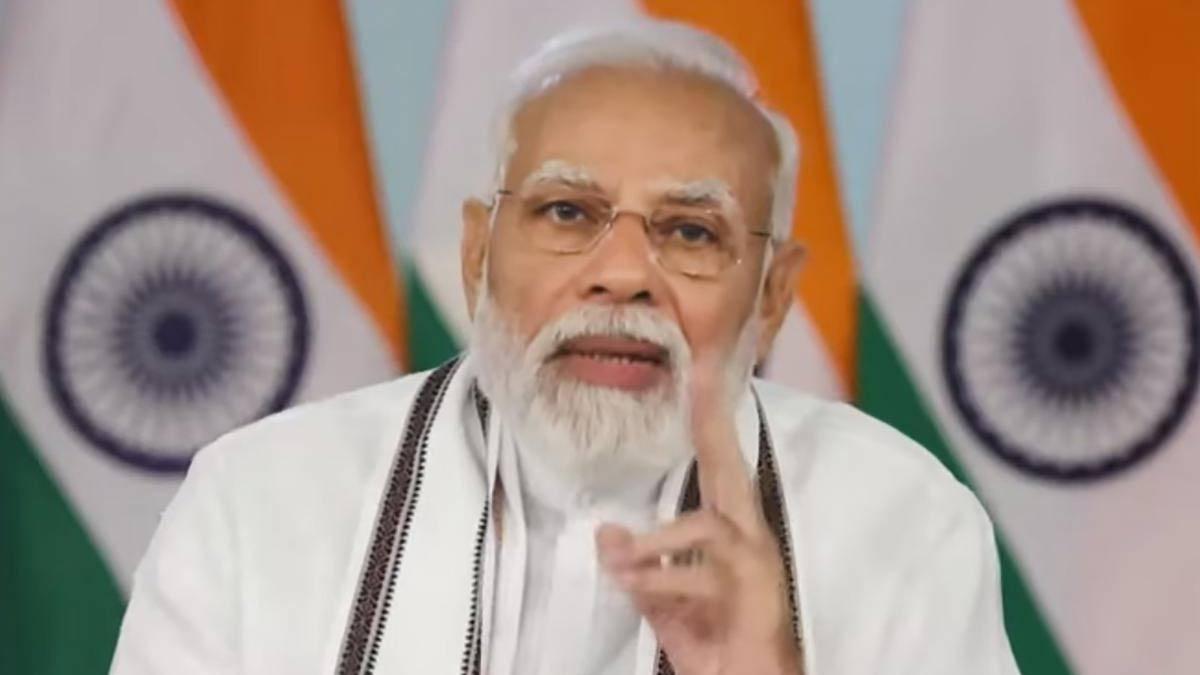Syed Tanveer Nasreen, the former director of the Indian Cultural Centre in the Maldives, highlighted the prevailing diplomatic tension between India and the Maldives as more than just an isolated incident but a culmination of prolonged anti-India sentiments fueled by external influences.
Nasreen, who served in the Maldives from 2019 to 2023, shed light on China's and Pakistan's growing influence, countering India's soft power in the island nation.
In an interview with PTI, Nasreen condemned the unfortunate remarks made by the now-removed three Maldivian ministers. However, she cautioned against reactive movements like the "Boycott Maldives" campaign, viewing them as potential triggers for an "India Out" movement, potentially giving undue significance to the suspended ministers' social media comments targeting Prime Minister Narendra Modi.
She stressed that the anti-India sentiment had been building up over time due to external instigation, amplifying during the COVID period. Nasreen reflected on the aggressive anti-India campaign by opposition politicians, advocating not just for the removal of Indian military presence but also for cultural and social disengagement.
Nasreen noted that despite the Maldives' previous India-friendly stance, opposition politics surged during the pandemic, focusing against India. She highlighted instances where access to parks and community centers for cultural events was restricted, mentioning the emergence of China-Maldives and Pakistan-Maldives Friendship associations aiming to counter India's cultural influence.
However, she pointed out that China lacks substantial cultural connections with the Maldives. Nasreen recalled an incident where a mob disrupted an International Day of Yoga event, underscoring the irony of protesters practicing yoga themselves at various health centers.
Despite challenges, Nasreen, presently heading the History department at Burdwan University, expressed that the Maldivian people maintain a friendly disposition towards India, admiring Indian music, Bollywood, and culture. She also disclosed conversations with individuals involved in anti-India campaigns, revealing incentives like dresses, food, and money provided to them.
Nasreen argued that this influx of foreign funds aims to escalate anti-India sentiments in the archipelago. She highlighted China's growing influence, drawing parallels with similar trends in neighboring countries, pointing to the weakening of the Maldivian Democratic Party (MDP) and the withdrawal of prominent pro-Indian voice Mohammed Nasheed from politics, exacerbating the situation.
Regarding the "Boycott Maldives" social media campaign, Nasreen advocated for condemning the ministers' remarks but cautioned against magnifying their significance. She urged patience, emphasizing the interdependence between India and the Maldives, stating that both nations require each other.
Nasreen concluded that allowing time for the issue to settle down is crucial, considering the mutual reliance between India and the Maldives.
(With Agency Inputs)


















